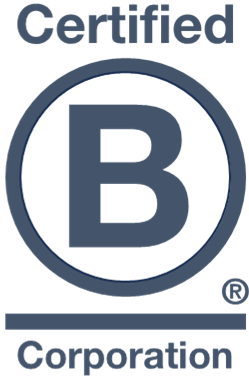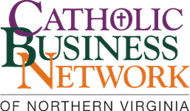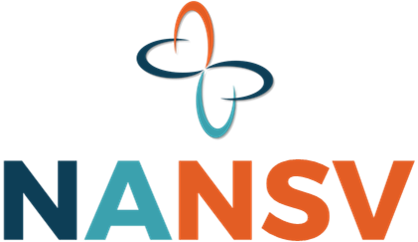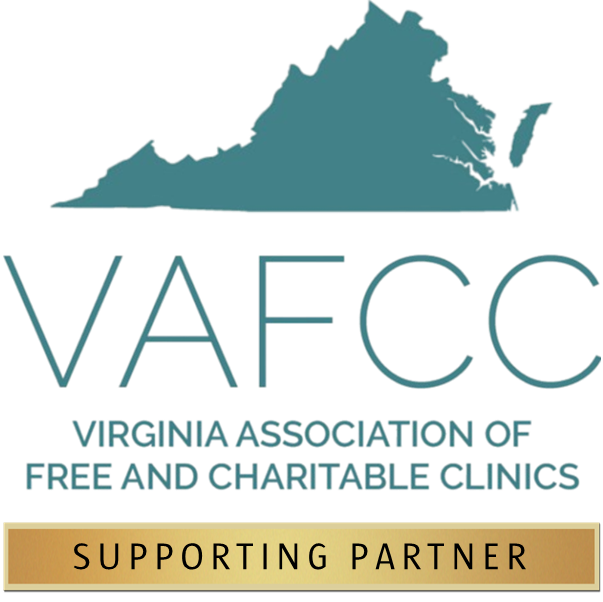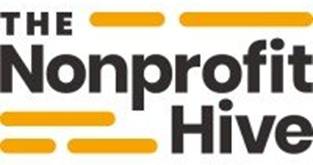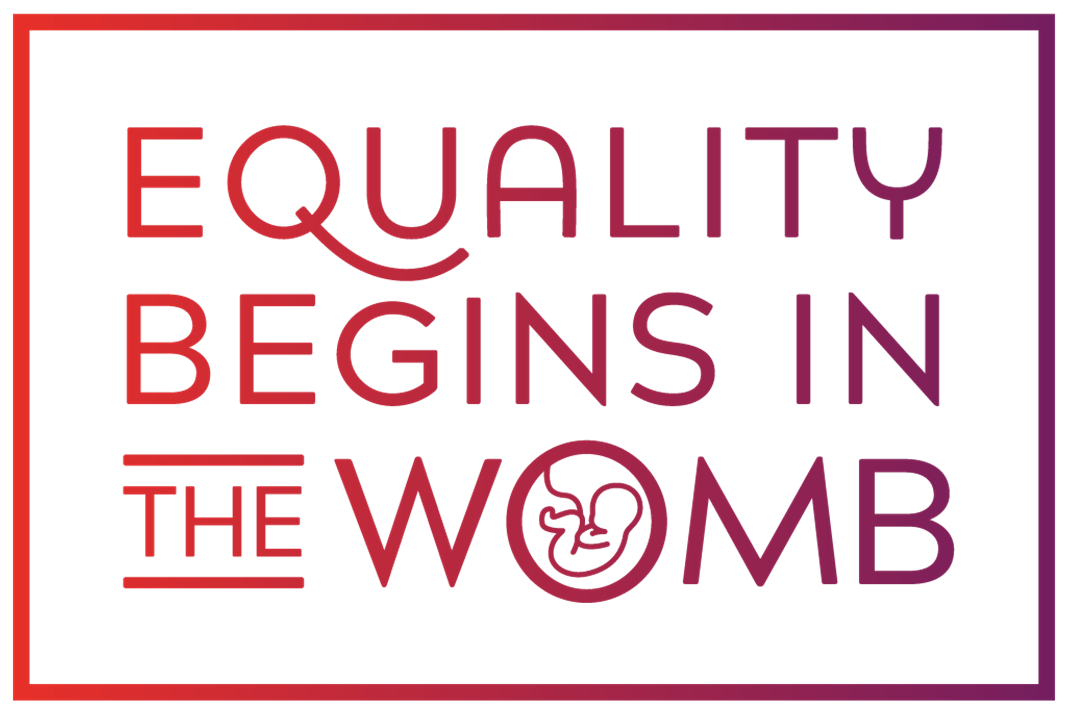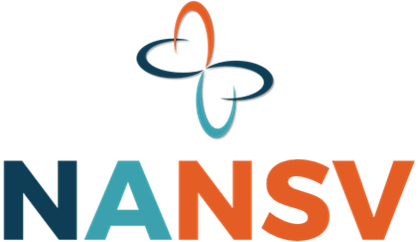"Let's Meet About It"
Non-profit strategy is more than an off-site, and your consultant should tell you this
Originally published Jan 18, 2016
Since I've been writing about strategic plans lately, I'm also thinking about them a lot. It's become clear to me over the past few weeks that there's a bigger issue in play than the mechanics of the strategic planning process and the content of the plans, with respect to the frequent problem of non-profits having difficulties executing what they put on paper. All of the things mentioned in recent articles most definitely apply, but we really have to start at the beginning to get at the heart of the problem. The challenge: Non-profits don't know what they're getting into to begin with, and their consultants are doing a great job of under-selling the extent of the effort that's required.
A sound, actionable strategic plan simply can't be developed in a day-long off-site. There is too much to cover, too much information to be absorbed in one sitting, and parts of the process that don't lend themselves to a group meeting. A group of ten, 15, 20 people cannot be expected, even with the best of facilitators, to discuss community needs and trends, dialogue about strengths, weaknesses, opportunities, and threats, develop a complete vision and mission, goals, objectives, actions, resource plans, gap fill strategies, risk analyses, and contingency plans, etc. in eight hours on some weekend day. The participants aren't even necessarily the right people to do certain parts of this.
Many people in the room, however, expect that a facilitated session will result in a strategic plan. All that needs to happen is the information gets "brushed up," put in a document, and there you have it. When the day ends with a strong set of objectives, there are concerned looks around the table... where are the actions? Can we discuss how we're going to get the resources? Even though the facilitator walked through an agenda at the beginning of the day, and probably even gave an overview of the entire process, it evidently didn't resonate. Board members are leaving the session having been told "we'll have something for the next Board meeting" and feeling... incomplete.
Where is the disconnect? In my opinion, it's a combination of lack of knowledge, limited budget, and under-qualified or at least unimaginative consultants, though I have to tread carefully on this last one. First, many non-profit Board members and executives haven't been through a good strategic planning process, so they don't know what it takes. Second, the organizations don't have much money to spend, especially on something that doesn't have a visible, immediate return. Finally, and this is based on observations, a fair number of consultants making the rounds don't get it, either... they're doing what they've always done (and their clients have accepted), and they're not pushing the envelope.
As an experienced consultant wanting to serve non-profits, I find these things highly problematic. I know what needs to be done, but proposing it drives my price right on out of the competitive range (i.e., causes "sticker shock"), even when my hourly rate is more than reasonable. Also, I'm asking more from time and effort from Boards than they're accustomed to giving and often willing to give. Capping it off is that there are other consultants proposing cheaper, more "comfortable" approaches. It has to be tempting to take one of those offers, even knowing that they're using the some old "action-resistant" approaches, and they have track records of "sessions completed," not "results achieved."
What do you think?
I don't have a solution. I'm interested in the thoughts of both my consultant and non-profit readers. Am I right about this? If so, what can be done to change this dynamic? If not, what am I missing?
Let me know.
Read Other Posts










